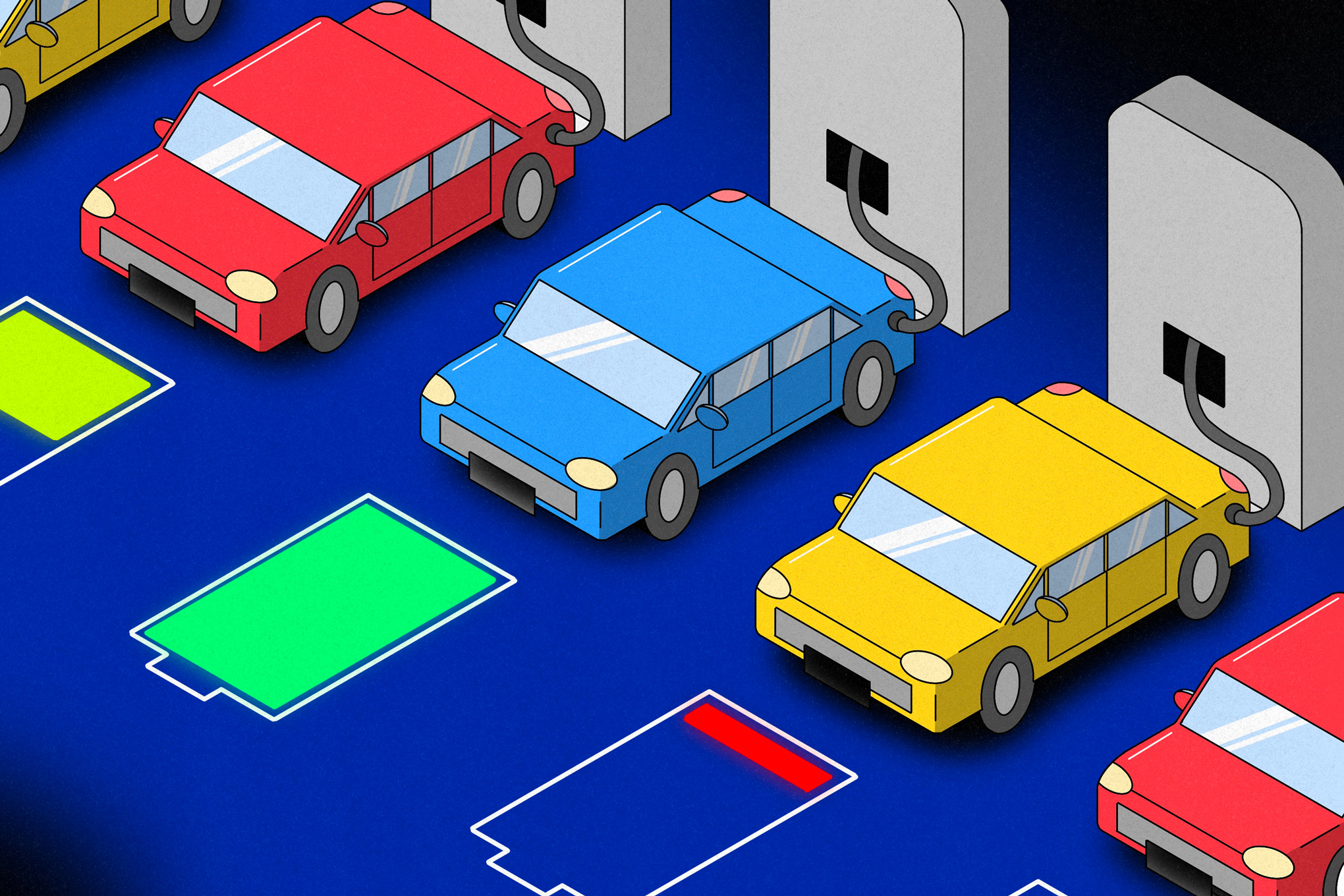Once Donald Trump won office for a second time, the writing was on the wall.
Trump ran on many messages, most of them confusing and contradictory, but one of his loudest and clearest messages was to end President Joe Biden’s “EV mandate.” It made no difference there never was a mandate, just a series of policies designed to encourage car companies to make more zero-emission vehicles and consumers to buy them — Trump was gunning for EVs.
As soon as he took office, he started signing a flurry of executive orders laying out exactly how he would start dismantling Biden’s legacy. And chief among them was an order to eliminate all of his predecessor’s electric vehicle policies, including weakening Biden’s tailpipe pollution rules.
But the orders were never going to be enough. It would take an act of Congress to unwind all the many tax credits and incentives designed to spur the sale of EVs by making them more affordable to a broader swath of the population.
So today, Congressional Republicans got to work. The House passed a bill to end the Inflation Reduction Act’s tax credits for clean energy, including the $7,500 EV tax credit. And the Senate voted — some would say “illegally” — to revoke California’s ability to set its own tailpipe emission rules, which are also followed by 17 other states and the District of Columbia.
Under the House proposal, most automakers would lose the EV tax credit right away — although those manufacturers who have yet to sell 200,000 EVs would get to keep the credit until the end of 2026. The bill would also eliminate the $4,000 tax credit for used EV purchases. And it would kill incentives for companies building solar, wind, and battery storage projects.
But wait, there’s more! If you already own an EV, the House bill would levy an annual $250 tax on your vehicle to help pay for road and infrastructure improvements. (Hybrid owners would have to cough up $100.) Internal combustion vehicle owners typically pay for road repairs through the federal gas tax of 18.4 cents per gallon — which, it should be noted, has remained exactly the same since October 1, 1993.
The House passed a bill to end the Inflation Reduction Act’s tax credits for clean energy, including the $7,500 EV tax credit
I understand the need for EV owners to pay for road repairs, but a flat tax is widely viewed by many smart people as the most regressive way to do it. The gas tax works because its a usage fee: the more you drive, the more gas you use, the more you pay into the Highway Trust Fund for repairs and improvements. A flat tax, which charges everyone the same regardless of usage, is much less desirable from a public benefits perspective.
A lot can still change as the bill now heads to the Senate for reconciliation. But it’s not looking good for our intrepid EV industry. Some lobbyists and advocates were holding out hope that Republicans with major clean energy projects in their district would push back against the attempt to kneecap the IRA. But as Heatmaps’ Matthew Zeitlin notes, the clean energy supporters were always the weakest faction amid a fractious GOP.
Where it goes from here is probably pretty bleak. The US was already woefully behind China and other developed nations in terms of clean energy investments. And now its likely to fall even further behind, perhaps permanently so. Major projects that were expected to take advantage of the federal incentives are now likely to die on the vine. That means fewer clean energy jobs, most of which were to be located in Republican-leaning districts.
It’s really a baffling political decision. Republicans are determined to cut off their own nose to spite their face, all because Trump ran on a false message of ending an EV mandate that never existed. In fact, Biden’s tailpipe emission rules were written in a way that acknowledges how passenger electric cars, specifically Tesla, have distorted the market thanks to their runaway success. So they crafted the rules so that passenger cars wouldn’t have to increase their miles-per-gallon numbers as rapidly as light trucks, as noted by Jalopnik’s Matthew Debord.
Whatever happens, the EV industry will persist. Automakers have poured billions of dollars into the shift to electric power, and they don’t want to let those investments go to waste. The focus should now be on the development of truly affordable EVs that can help spur mass adoption, as well as local infrastructure improvements to encourage more cycling and walking. But without hugely influential incentives from the federal government, it will be an uphill battle — spewing pollution and worsening the environment along the way.

